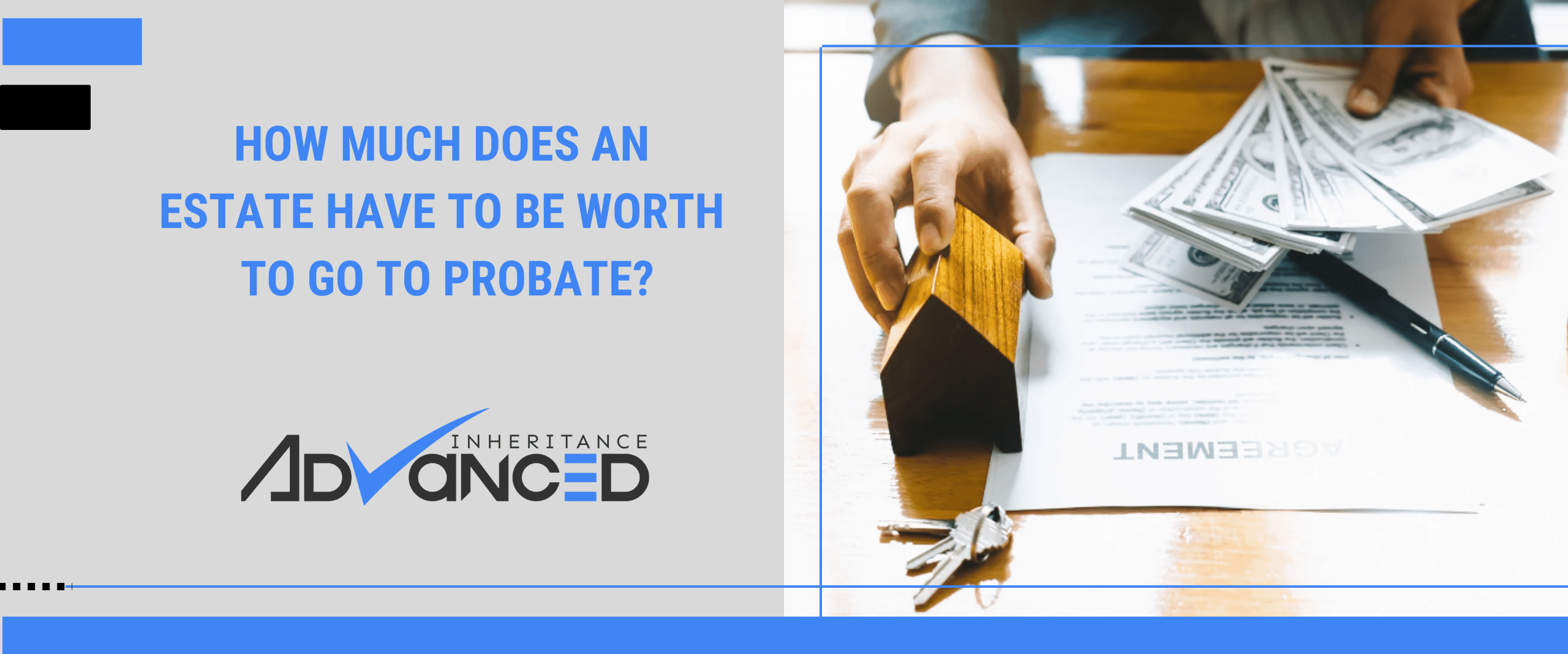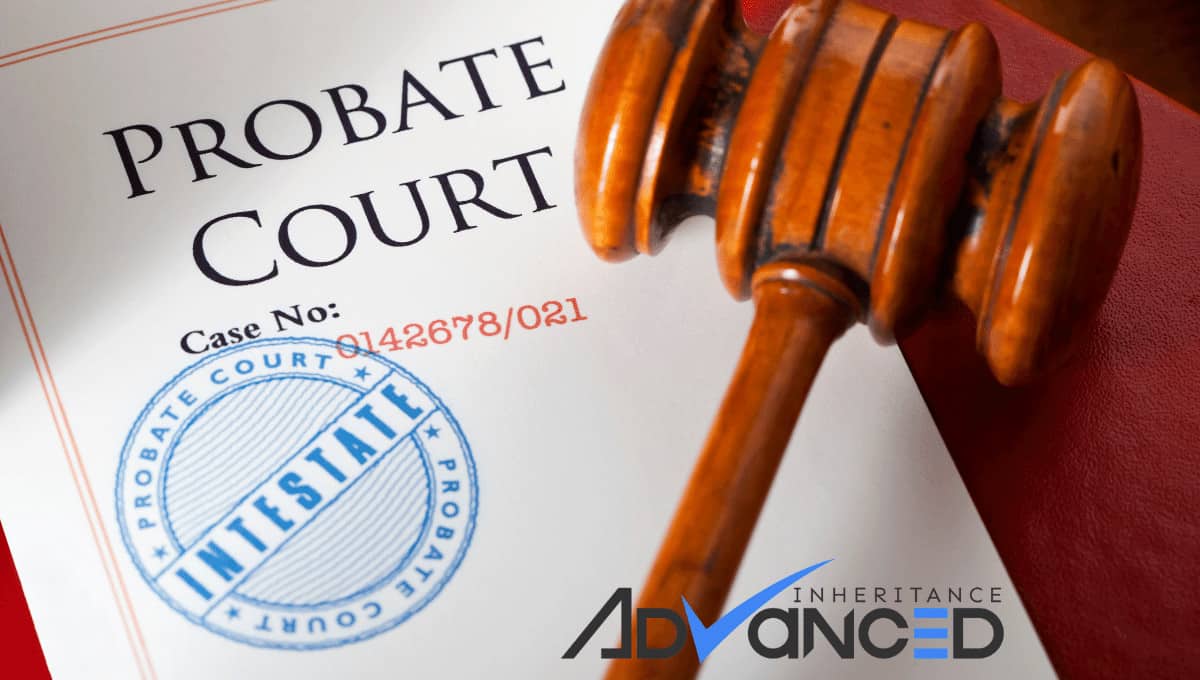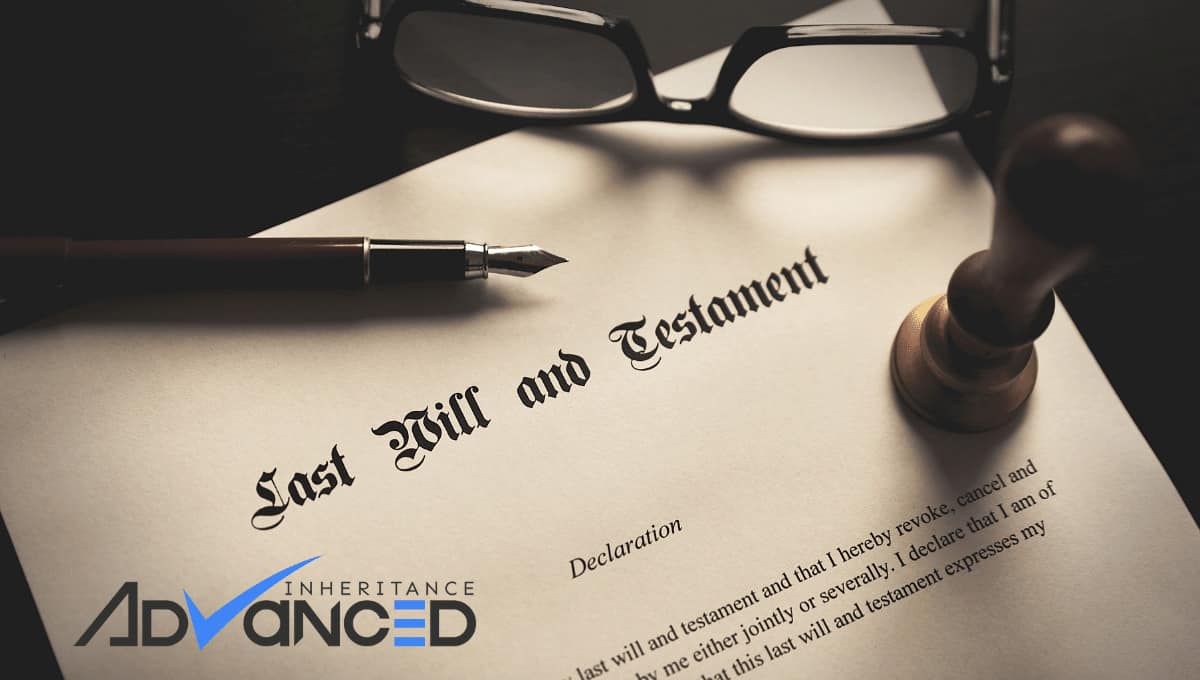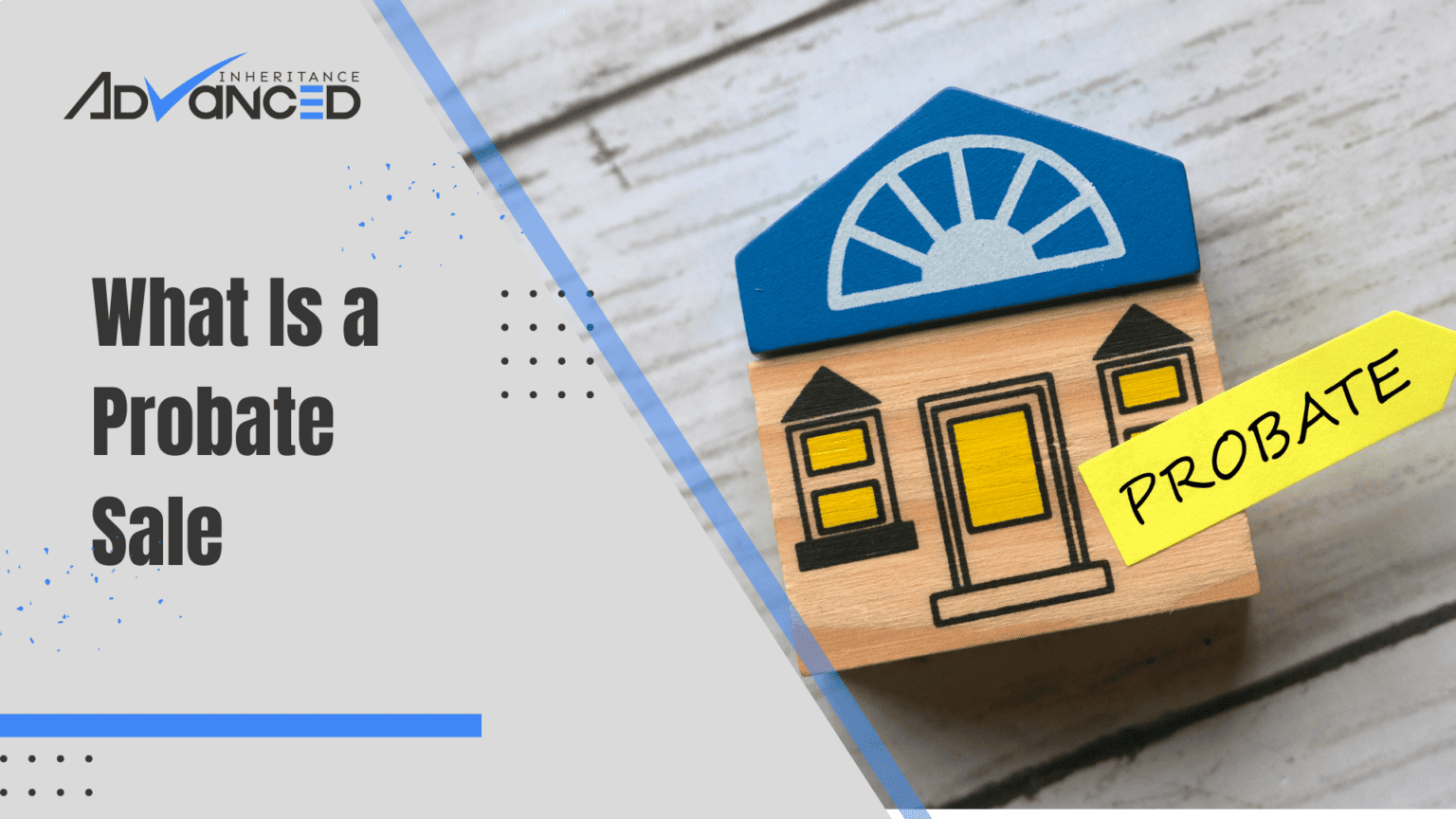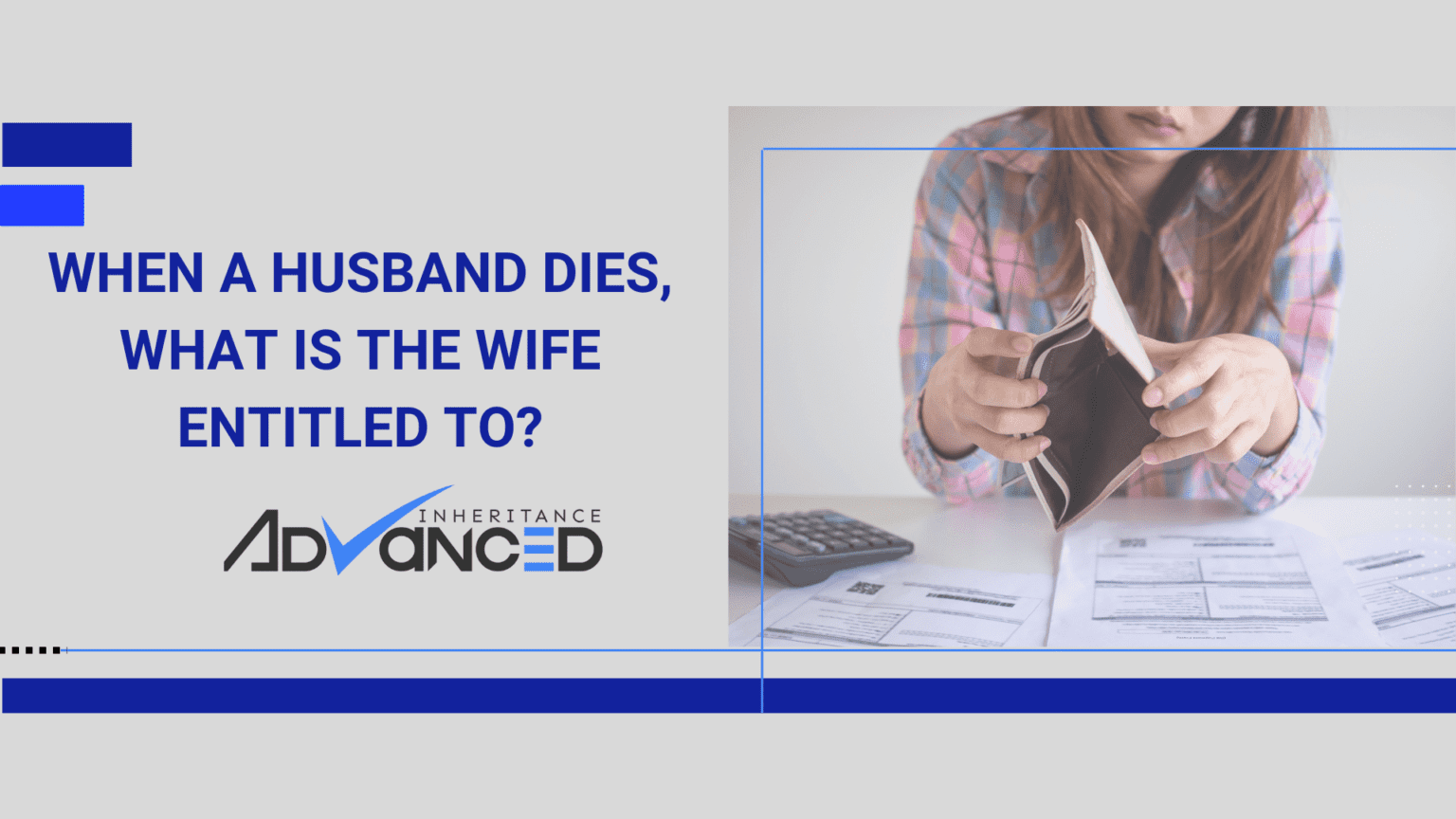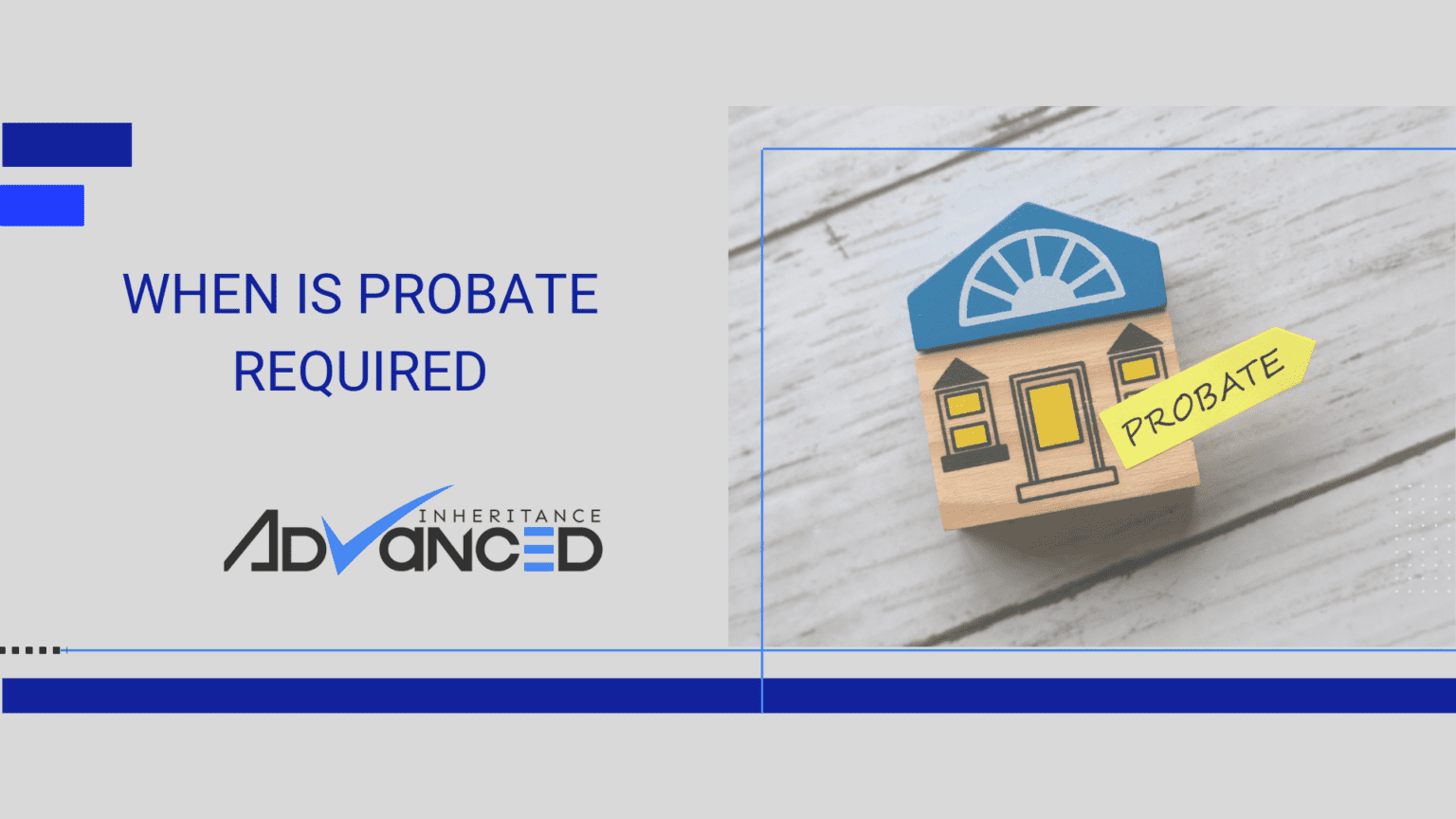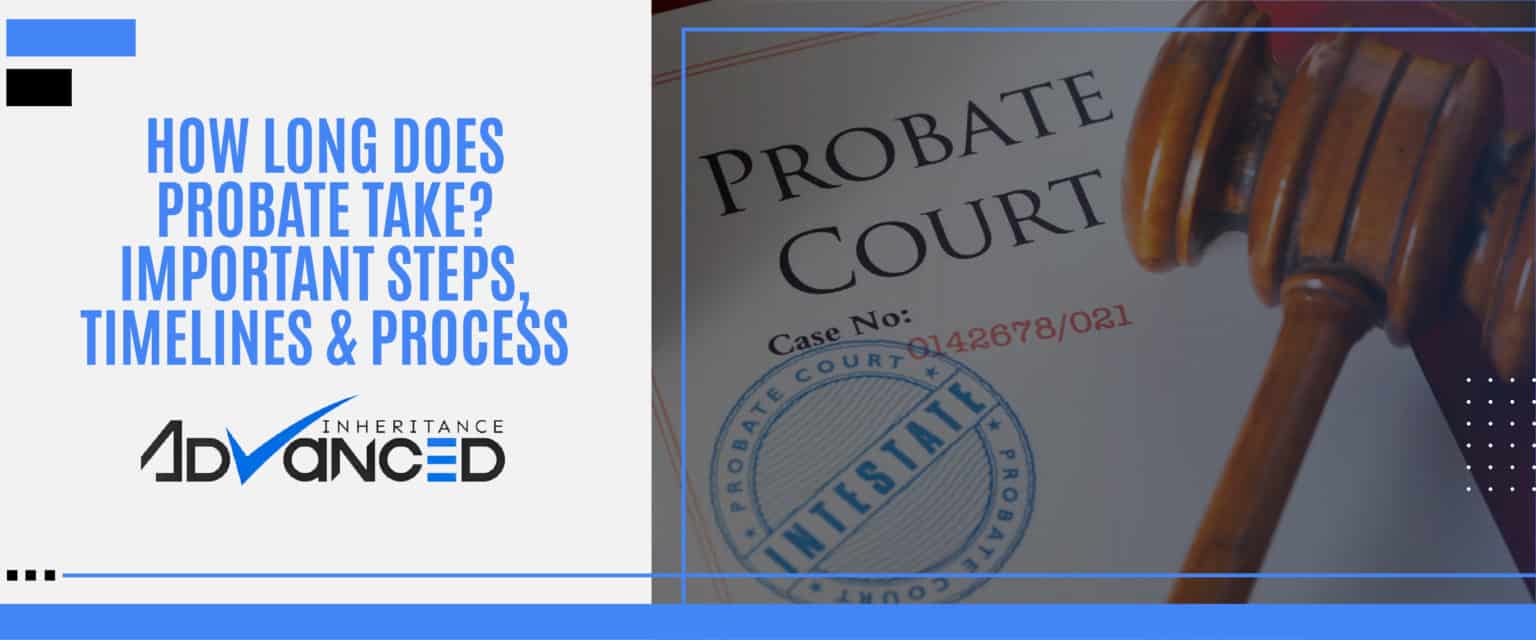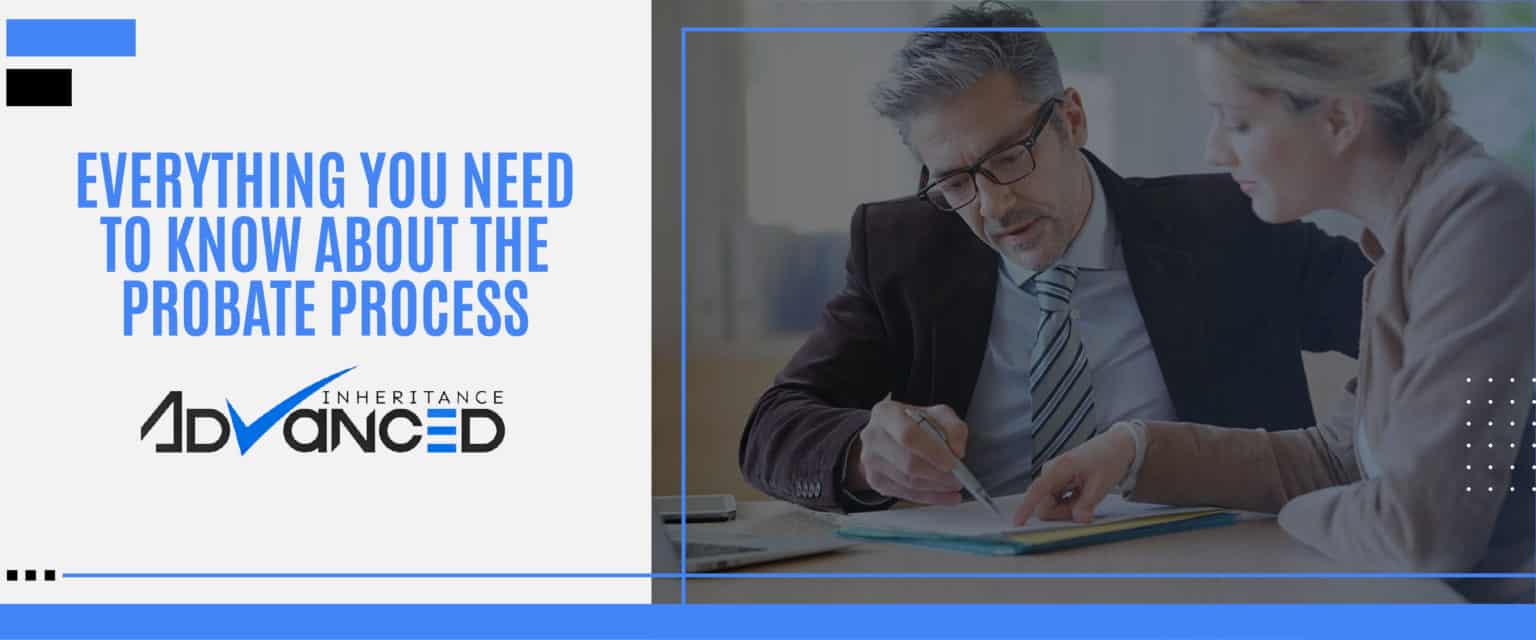Each state has different laws that determine whether or not the probate court process is necessary for an estate. Sometimes probate is decided according to how much an estate is worth. Small estates do not require probate, but each state has a different value threshold for a large or small estate.
What Do You Mean By Probate?
Probate is a legal process that oversees the transfer of assets from a deceased person, also referred to as a decedent, to their beneficiaries. Some estates may not require probate, depending on the value of the estate and the type of assets involved. Other factors such as whether or not beneficiaries have already been chosen for assets may also determine if an estate qualifies for probate.
Usage Of A Probate
Like any legal process, there are pros and cons to using probate. The probate process ensures that assets are given to the proper beneficiaries, which is helpful when the deceased person does not leave a final will.
Even if the deceased did leave a will, the probate process ensures that the estate is handled according to the terms of the will. If you wish to keep the contents of your estate private, then careful estate planning is necessary, as probate is a matter of public record.
Situations When Probate Is Required And When It Is Not?
When Is It Required?
Probate is necessary when the deceased person has sole ownership of an asset, such as stocks or real estate. Assets would go through probate if the deceased did not leave a will, if the deceased left a will subject to probate, or if the beneficiaries have a dispute about the estate. Probate is also required for large estates, the threshold for which varies in each state.
Asset Distribution
If the decedent had sole ownership of assets such as bank accounts or stocks without a payable on death beneficiary, then probate will be necessary to distribute those assets to the beneficiaries or heirs.
Administration Disputes
If any aspect of the estate administration is disputed and legal proceedings are necessary, then probate will also be required.
Owned Stocks
Probate would be necessary if a person had sole ownership of stocks without a designated beneficiary.
Exceeding The Probate Threshold
Large estates are subject to probate. The probate requirements vary in each state, so be sure to check with a law firm to see if the estate assets in question exceed the probate threshold.
When Is It Not Required?
Probate is not required for small estates or for community property, assets with joint ownership, or if the estate is insolvent. Probate is also not required for certain assets if a beneficiary has already been named, such as an insurance policy in the form of a trust.
Joint Assets
If a married couple owns assets together, the assets will transfer to the surviving spouse. In certain states, all assets acquired during a marriage are legally referred to as community property. Community property does not have to go through probate, and all assets will transfer to the living spouse.
If assets were co-owned by nonmarried individuals, the assets will almost always transfer to the surviving owner without probate, though there are some exceptions.
Small Estate
Small estates are not subject to probate, but it is essential to check the probate threshold according to state law.
Insolvency
Probate is not required if a person’s debts and bills exceed their assets, and those assets were not registered in a trust to protect them from creditors.
Insurance Policy In The Form Of A Trust
If a life insurance policy was placed in a trust, the trustees are responsible for notifying the insurance company of the policy holder’s death and disbursing funds to the beneficiaries. A trust is a legal entity separate from an estate and is not subject to probate.
Assets That Are Required To Be Probated?
Probate is required for assets that a person had sole ownership of. A probate estate may involve many kinds of individually owned assets, including stocks, bank accounts, real estate, and more.
Bank And Investment Accounts
Bank accounts that are owned solely by the deceased will go through probate.
Stocks and Bonds
Stocks and bonds that have not been registered with a trust or do not have designated beneficiaries in the deceased’s name alone must go through probate.
Vehicles (All Sorts)
All kinds of individually owned vehicles, including cars, trucks, motorcycles, and boats without a named beneficiary or transfer on death beneficiary, are subject to probate.
Business Interests
The market value of business interests is considered assets and subject to probate as long as they are individually owned.
Real Estate
Individually owned real estate and jointly owned real estate that is titled as tenants in common will also be subject to probate.
Personal Property
Personal possessions or household items must go through probate, including jewelry, clothing, firearms, and artwork.
Assets That Are Not Required To Be Probated?
Several kinds of assets do not usually have to go through probate, though there may be a few exceptions. These are jointly owned assets, assets that have been assigned beneficiaries, and assets that have been placed in a trust.
Jointly Owned Assets
Jointly owned assets are not usually subject to the probate process. An asset jointly owned by a married couple will transfer to the surviving spouse at the time of death. This is referred to as joint ownership with rights of survivorship and is not subject to probate. Jointly owned assets by non-married individuals are referred to as tenants in common. In this case, the owner may designate beneficiaries for their share of the assets, avoiding the probate process.
Beneficiary Designations
Assets such as retirement accounts, bank accounts, and life insurance policies allow you to choose a beneficiary. These assets will avoid probate and go directly to the named beneficiaries after you die.
Trust Assets
Assets that have been placed in a trust do not have to go through probate. Assets placed in a trust will be given to the beneficiaries directly by the trustees without probate.
Get Your Cash During The Probate Process
Inheritance Advanced knows how important it is to get your cash before the lengthy legal processes are complete. Contact us today to learn about your options.

